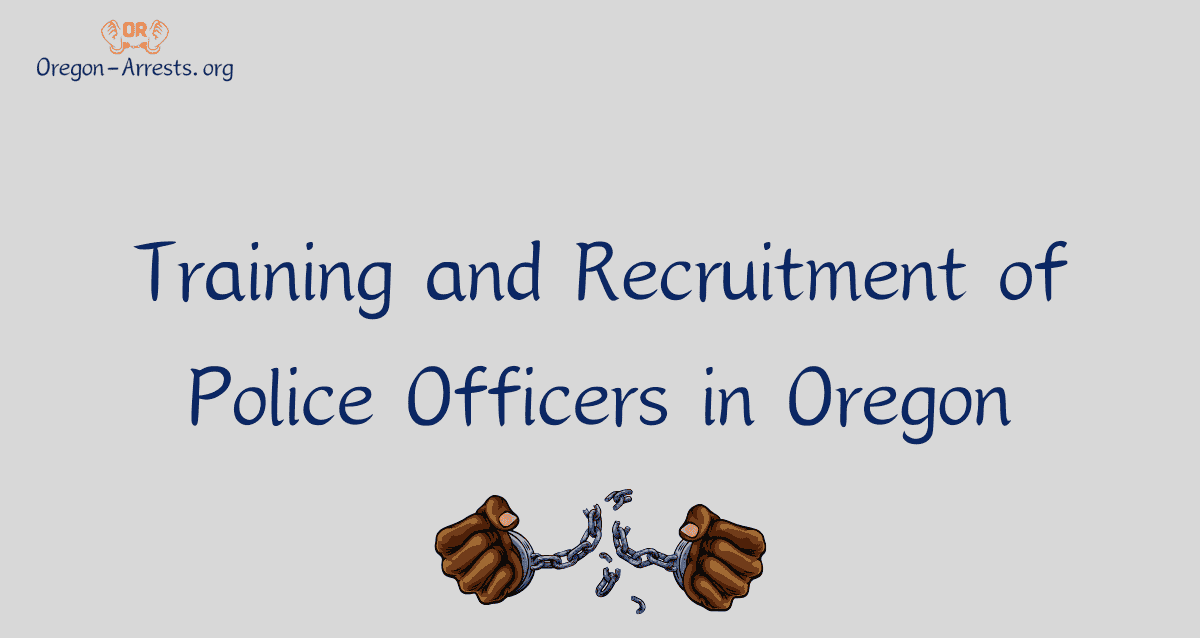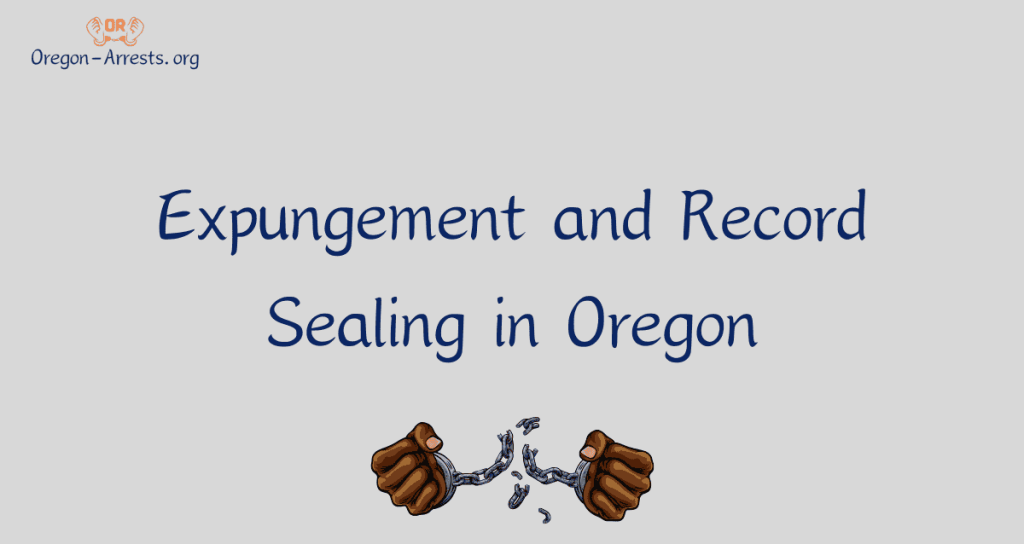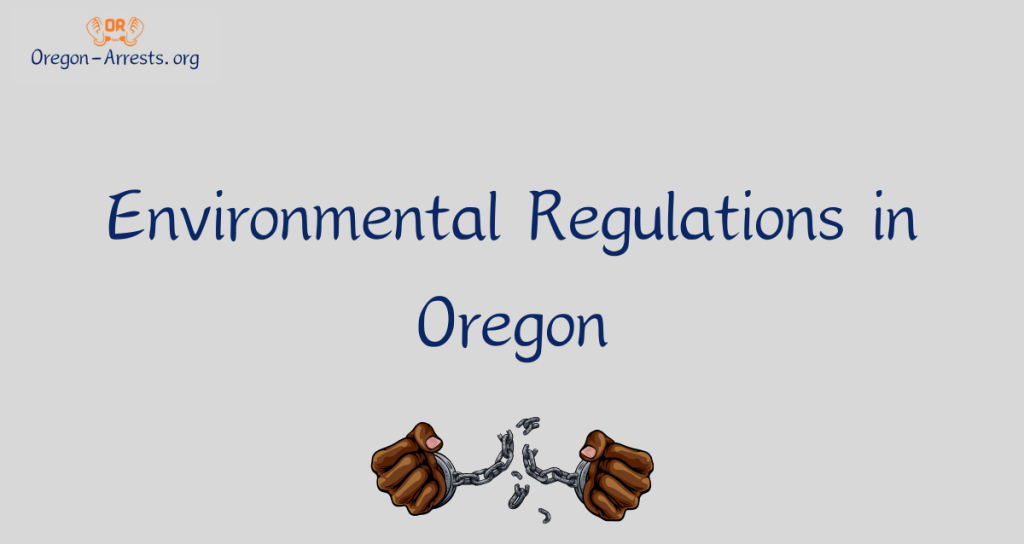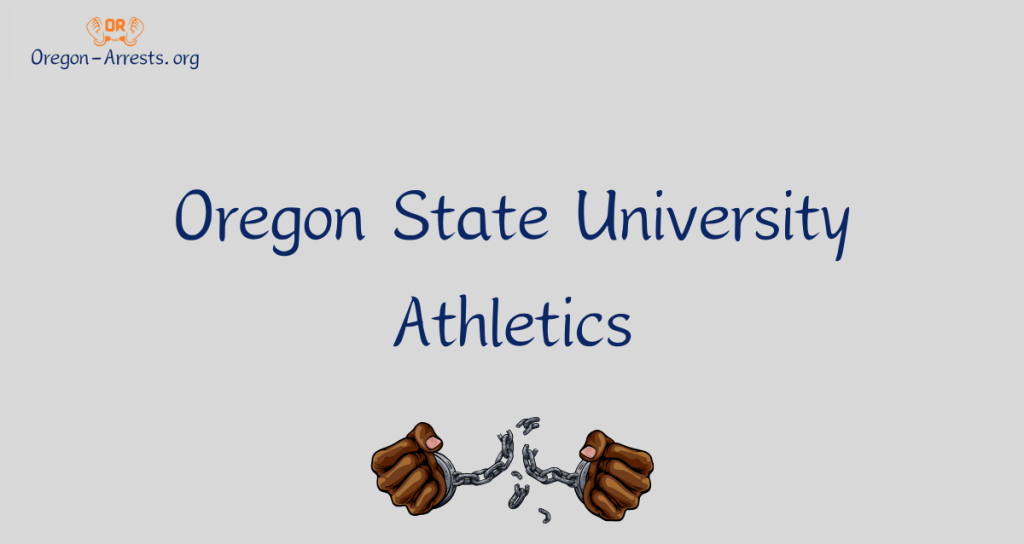Training and Recruitment of Police Officers in Oregon
The training and recruitment of police officers are critical components of law enforcement agencies in every state. With its unique challenges and priorities, Oregon has its distinctive approach to preparing and selecting police officers. In this article, we will delve into the comprehensive Guide to the training and recruitment process for police officers in Oregon, highlighting the specific criteria and training programs that shape the state’s law enforcement community.
The Importance of Police Training
Before we explore the intricacies of recruitment, let’s first emphasize the vital role training plays in preparing police officers for their duties. Practical training ensures officers are well-equipped to handle various situations, from routine traffic stops to complex criminal investigations. In Oregon, as in other states, the goal is to produce officers who are not only proficient in law enforcement techniques but also skilled in community engagement and de-escalation tactics.
Police Recruitment Process in Oregon
Oregon’s recruitment process for police officers is a multi-step journey designed to identify individuals who possess the right combination of skills, character, and commitment. Here is an overview of the key stages:
Eligibility Requirements
Prospective candidates must meet specific eligibility requirements, including age, citizenship status, and educational background. Oregon typically requires candidates to be at least 21 years old, U.S. citizens, and possess a high school diploma or equivalent.
Application and Screening
Applicants submit their applications and undergo initial screenings, which may include a criminal background check, driving record review, and a review of their employment history.
Written Exam and Physical Fitness Test
Candidates who pass the initial screening take a written examination and a physical fitness test. These assessments gauge their cognitive abilities and physical fitness levels, ensuring they meet the basic standards for police work.
Oral Interview
Successful candidates proceed to an oral interview, during which they are assessed on their communication skills, problem-solving abilities, and alignment with the department’s values.
Background Investigation
A thorough background investigation is conducted to verify the candidate’s personal history, including references, financial status, and criminal record.
Psychological and Medical Evaluation
Candidates undergo psychological and medical evaluations to ensure they are mentally and physically fit for the demands of law enforcement.
Police Training Academy
Once selected, recruits enter the police training academy, receiving comprehensive instruction in various aspects of policing.
Length and Curriculum
The length of training programs can vary, but they typically span several months. Recruits are taught the basics of law enforcement, including criminal law, ethics, and department policies.
Firearms Training
Firearms training is a crucial component of the police academy curriculum. Officers must become proficient in firearm safety, marksmanship, and tactics.
Defensive Tactics
Recruits learn defensive tactics to handle physical altercations and protect themselves and others while minimizing harm.
Community Policing
Community policing principles are emphasized, teaching officers to build positive relationships with their communities.
Crisis Intervention Training
Given the importance of de-escalation, recruits receive crisis intervention training to handle individuals in mental health crises.
Ongoing Education and Training
Training doesn’t stop after graduation from the academy. Officers in Oregon are committed to ongoing education and skill development throughout their careers.
In-Service Training
Regular in-service training ensures officers stay updated with evolving laws, technologies, and best practices.
Specialized Training
Specialized training programs like SWAT or K-9 units allow officers to develop expertise in specific areas.
Promotions and Advanced Training
Officers seeking promotions or specialized roles often undergo additional training to qualify for these positions.
Challenges and Controversies
Like police forces nationwide, Oregon’s law enforcement agencies face challenges and controversies related to recruitment and training.
Diversity and Inclusion
Efforts to diversify police forces and ensure inclusivity have gained prominence recently, requiring changes in recruitment strategies and training programs.
Use of Force Policies
Debates surrounding use-of-force policies have prompted revisions and additional training for officers to minimize the use of force and prioritize de-escalation.
Future of Police Training and Recruitment
The future of police training and recruitment in Oregon holds promise as agencies adapt to societal needs and changing expectations.
FAQs
What are the qualifications required to become a police officer in Oregon?
To become a police officer in Oregon, individuals must meet specific requirements, including being at least 21 years old, having a high school diploma or GED, being a U.S. citizen, and possessing a valid driver’s license. Additionally, candidates must pass a physical fitness test, background investigation, and psychological evaluation.
What is the training process for police officers in Oregon?
The training process for police officers in Oregon typically involves attending a police academy. The Basic Police Academy program lasts around 16 to 22 weeks and covers various topics such as criminal law, patrol procedures, firearms training, defensive tactics, and emergency vehicle operations. The curriculum also includes practical exercises and simulations to prepare officers for real-life situations.
Are there any specialized training programs available for police officers in Oregon?
Oregon offers specialized training programs for police officers who wish to enhance their skills in specific areas. These programs include advanced investigation training, crisis intervention, drug recognition, domestic violence, community policing, and more. Officers can pursue these specialized courses to develop their expertise further and serve their communities effectively.
How long is the probationary period for new police officers in Oregon?
After completing the police academy training, new police officers in Oregon typically undergo a probationary period. This period can vary but usually lasts around 12 to 18 months. During this time, officers work under close supervision and receive additional guidance and evaluations to ensure they meet the expectations and standards of the police department.
How does the recruitment process work for police officers in Oregon?
The recruitment process in Oregon typically involves multiple steps. It starts with applying, followed by a thorough background investigation, written exams, physical fitness tests, interviews, and psychological evaluations. Successful candidates are then invited to attend the police academy for training. The recruitment process aims to select individuals with the necessary skills, qualifications, and character traits to excel in law enforcement and serve the community with integrity.







